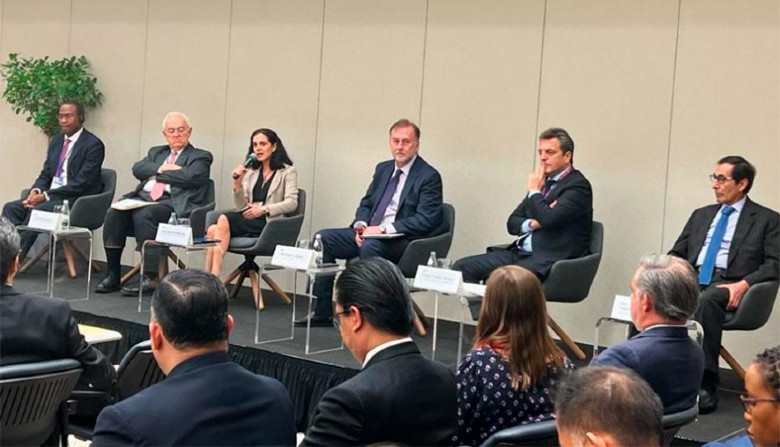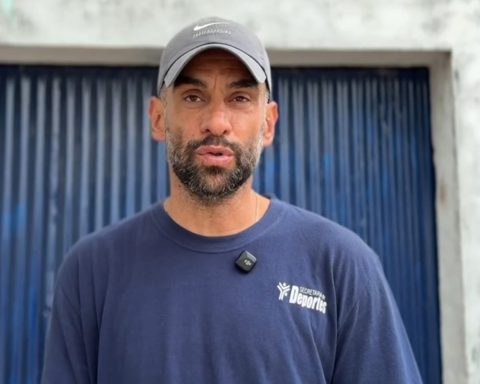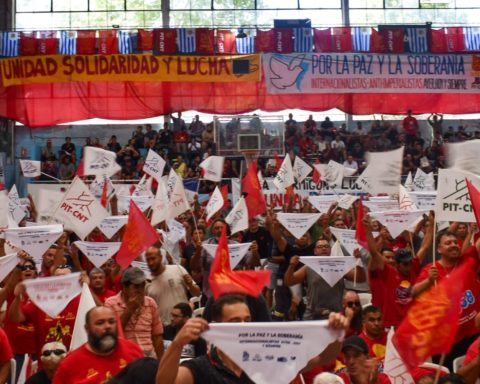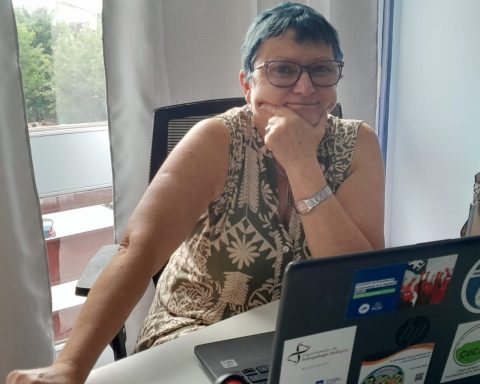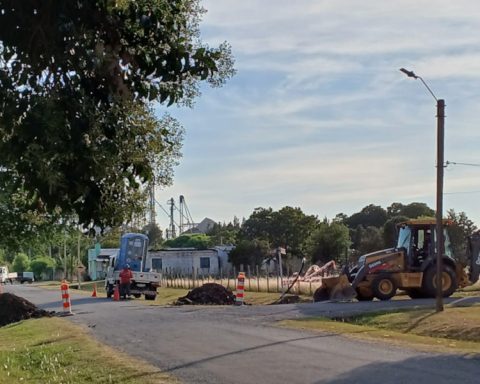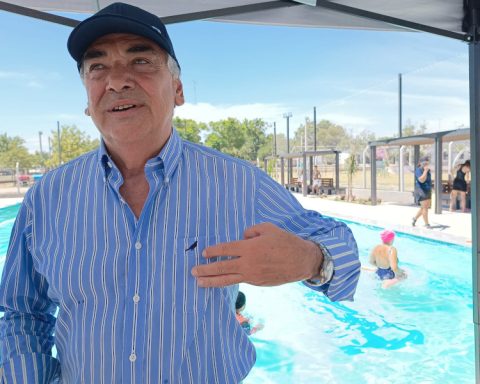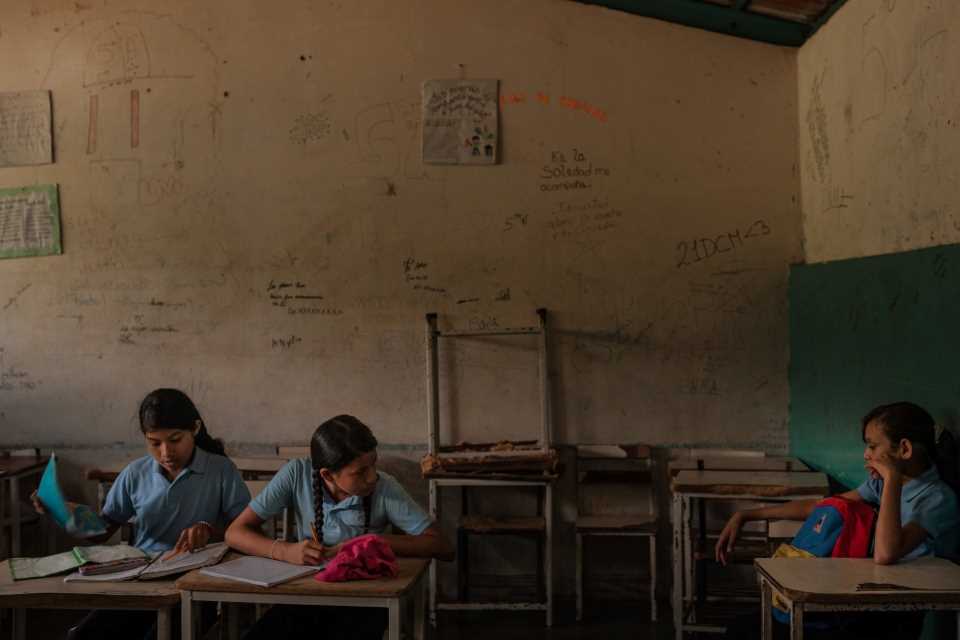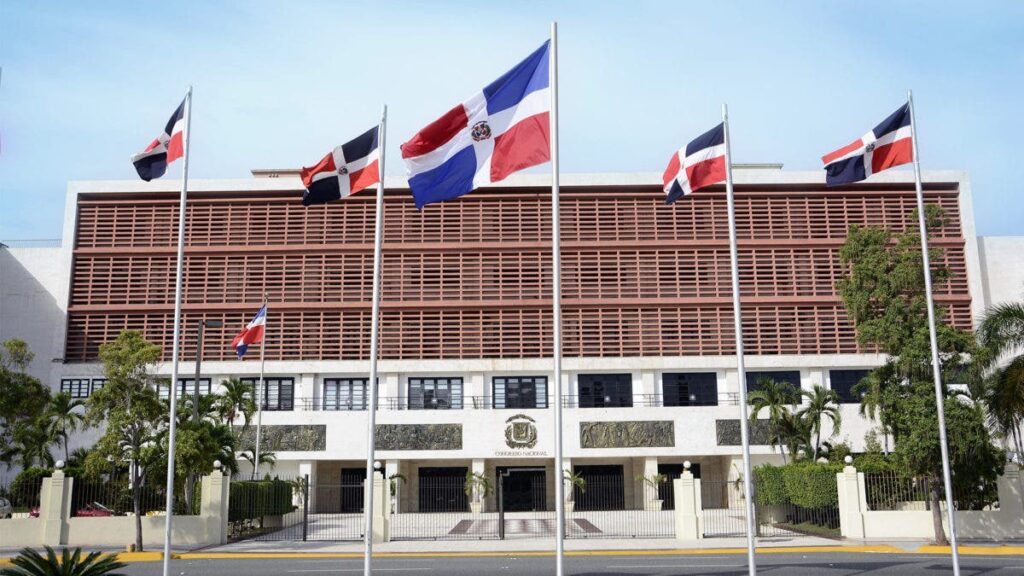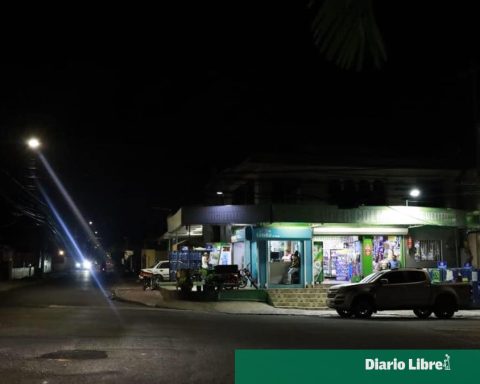The Minister of Economy, Azucena Arbeleche, participated in the 56th Meeting of the Network of Chief Economists of Central Banks and Finance Ministries of Latin America and the Caribbean, organized by the Inter-American Development Bank (IDB).
There, he highlighted the response to the crisis caused by the pandemic and the reforms to fiscal policy, and called for support from multilateral organizations for sustainable and inclusive growth. Among other topics, he referred to the country’s economic situation and growth estimates for the remainder of the year. The Secretary of State began her intervention by explaining the context in which the Government took office in Uruguay and the almost immediate advent of the pandemic. “The challenge was to combine this attention to the health situation with a long- and medium-term view of the economy,” she explained.
He pointed out that resources were allocated to attend to health and social matters, because vulnerable sectors had to be supported, and that economic aid was also provided, especially to small and medium-sized companies, to boost the growth of the Uruguayan economy.
“In particular, what was wanted was for the liquidity problem not to become a solvency problem. It is important, in this fiscal framework, to understand that all this support for the pandemic was given through a special fund, voted unanimously by Parliament, the COVID Fund, “he said.
Arbeleche recalled that this pandemic was followed by a second blow, which is Russia’s war in Ukraine, and that, added to the monetary policies of developed countries, leads to a situation of inflationary challenges.
“Beyond the contractionary monetary policy being developed by the Central Bank, the Ministry of Economy also had to give concrete support, focused on the most vulnerable sectors, in order to maintain the purchasing power of these sectors,” he considered.
In this sense, he assured that the response to this second episode did not divert the long-term view, which is the institutional and political responsibility with public funds. He reported that a new fiscal institutionality was implemented from the beginning. “It was very important to restore the country’s fiscal credibility, and it was done,” he said.
The new organization revolves around three different areas: one refers to the structural result, not only measuring the fiscal observed product; the second pillar is related to a total maximum authorized for government spending, which is limited by the potential growth of the economy, and, finally, an authorization ceiling for the country’s indebtedness.
“The result we have had has been a strong recovery last year and what we are expecting for this year is a growth of 4.8% in product. We do not update our estimates very frequently, so we continue with the estimate of 4.8% for this year, hand in hand with job creation, which is the ultimate goal we have as economic policy makers”, he stated. In this sense, the percentage of 4.8% is the same as estimated by the economic team for 2022, together with the creation of 40 thousand jobs. Another structural aspect that was incorporated by the Ministry of Economy and Finance (MEF) and highlighted by Arbeleche was the internalization of environmental policy in economic policy. The hierarch exemplified with concrete steps, such as changing part of the tax on fuels to a tax related to emission of carbon dioxide, as well as giving incentives for the conservation of native forests.
In this sense, he mentioned an instrument that supports the eventual issuance of a sovereign bond, whose interest payment is linked to environmental behavior, based on the Paris Agreement. “If the country has good environmental behavior, it would pay less, and if the country has bad environmental behavior, it is, in some way, penalized, and has to pay a higher rate,” he explained.
Regarding the support received by multilateral organizations, he indicated that the IDB must observe all the countries of the region, because there are differences but also many points in common, and inclusive and sustainable development is approached in a totally different way than it should be. the developed countries.
“Products where there are incentives are necessary for the country to have an environmentally sustainable development; the undeveloped country needs the incentives, because if not, it will not go into debt to go down that path when it has short-term emergencies. Therefore, I invite the IDB to prosper in this regard and to find innovative products that align the country’s behavior with its cost of financing”, he pointed out.
Economic team met with leaders in economics and climate change finance
In Washington DC, Azucena Arbeleche, accompanied by the director of Economic Policy of the MEF, Marcela Bensión, and the adviser in Environmental Economics Marcelo Caffera, met with the professional of the London School of Economics, Nicholas Stern, and the professor of the Brookings Institution Amar Bhattacharya, international leaders in climate change economics and finance, and academic leaders of the Coalition of Finance Ministers for Climate Action.
At the meeting, the work in this area, the role of multilateral organizations in the financing of global public goods, the internalization agenda of climate change and environmental conservation in the Ministry of Economy and Finance of Uruguay were analyzed.
He will chair the Development Committee of the World Bank and IMF
The Secretary of State will chair, this Friday, the session of the Development Committee of the World Bank (WB) and the International Monetary Fund (IMF), which will take place in Washington DC.
With this participation, her term as president of the global ministerial forum, which promotes the creation of intergovernmental consensus on issues of development and social equity, ends. She was the first Uruguayan minister to hold that position.
For these meetings, the hierarch traveled with the director of Economic Policy, Marcela Bensión; the director of the Debt Management Unit, Herman Kamil, and the adviser in Environmental Economics Marcelo Caffera.
